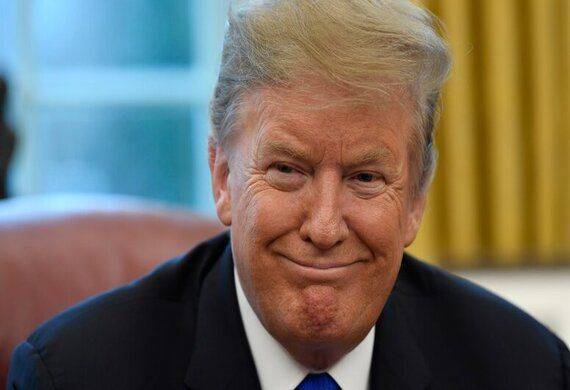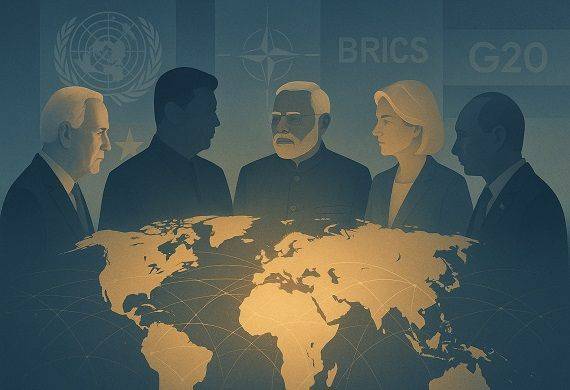Trump Suspends Tariffs on Canada and Mexico for a Month but not on China
By Global Leaders Insights Team | Feb 04, 2025

In exchange for border and crime enforcement concessions with the two neighbors, US President Donald Trump agreed to a 30-day pause, rescinding his threat of steep tariffs on Canada and Mexico.
Within hours, US tariffs on China are still scheduled to go into effect.
Mexican President Claudia Sheinbaum and Canadian Prime Minister Justin Trudeau announced they had agreed to step up border enforcement efforts in response to Trump's call to crack down on immigration and drug smuggling. The 25% tariffs that are set to take effect on Tuesday would be suspended for 30 days as a result.
The United States and Canada agreed to use new technology and personnel along their shared border to combat money laundering, fentanyl smuggling, and organized crime.
Mexico agreed to deploy 10,000 National Guard members to strengthen its northern border in an effort to curb the flow of illegal migrants and drugs.
The United States also promised to prevent the flow of lethal weapons to Mexico, Sheinbaum said.
"It is my duty as President to protect the safety of EVERY American, and I am doing just that. "I am really happy with this first result," Trump posted on social media.
For the time being, the agreements prevent a trade war from starting, which economists said would hurt the economies of all parties and raise consumer prices.
Trump said he would attempt to negotiate economic agreements with the two biggest US trading partners over the course of the next month after speaking with both leaders over the phone. Since a historic free-trade agreement was reached in the 1990s, the economies of these countries have become closely linked to the US.
Tariffs on China are still planned
No such agreement has been reached for China, which will be subject to 10% general tariffs that are set to go into effect on Tuesday at 12:01 a.m. ET (0501 GMT). Trump will not speak with Chinese President Xi Jinping until later this week, according to a White House spokesperson.
Trump threatened to raise tariffs on Beijing even more.
"China hopefully is going to stop sending us fentanyl, and if they're not, the tariffs are going to go substantially higher," he stated.
While claiming that fentanyl is America's problem, China has left the door open for negotiations and stated that it would contest the tariffs at the World Trade Organization and take other countermeasures.
After plunging to its lowest level in over twenty years, the most recent development in the story sent the Canadian dollar skyrocketing.
After a day of losses on Wall Street, the news also helped US stock index futures.
Fearing supply chain disruptions, industry groups applauded the pause.
"That's very encouraging news," said Chris Davison, the head of a Canadian canola producers' trade group. "We have a highly integrated industry that benefits both countries." Trump did not specify when he would target the 27-nation European Union, but he did hint at it on Sunday.
At an unofficial summit in Brussels on Monday, EU leaders urged reason and dialogue while stating that Europe would be ready to retaliate if the US imposed tariffs. The EU's biggest trading and investment partner is the United States.
Trump suggested that tariffs might not apply to Britain, which exited the EU in 2020.
Over the weekend,Trump admitted that his tariffs might hurt US consumers in the short term, but he insisted that they are necessary to stop immigration and drug trafficking and support domestic businesses.
Nearly half of all US imports would be subject to the tariffs as originally proposed, and in order to make up the difference, the US would need to more than double its manufacturing output, which is not feasible in the short term, according to ING analysts.
According to other analysts, the tariffs could cause "stagflation"—high inflation, slow growth, and high unemployment—at home and send Canada and Mexico into recession.
.jpg)



